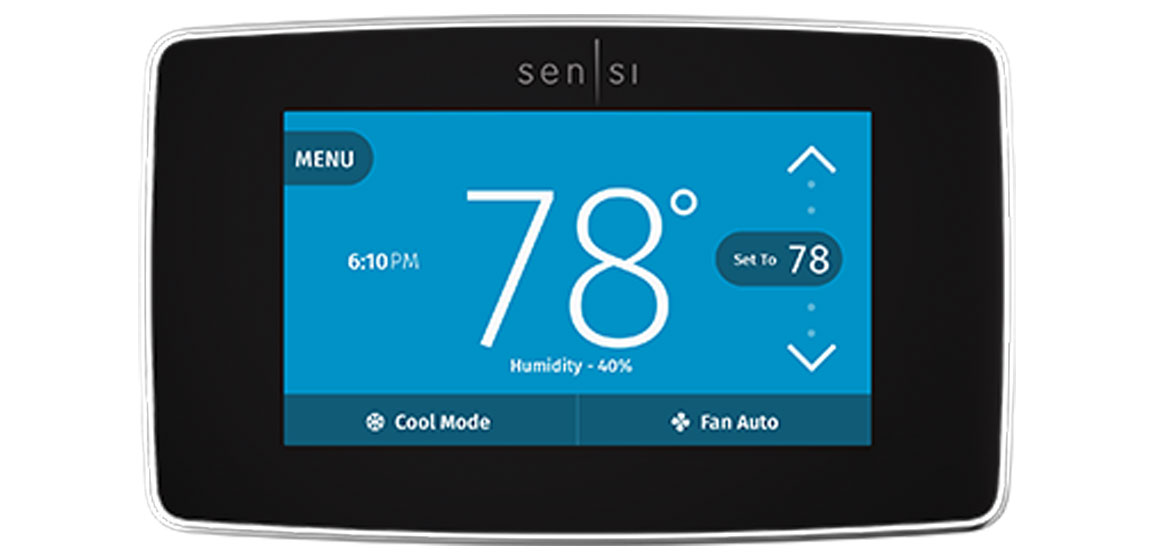One of the easiest ways to make your home more energy efficient is to take advantage of tools that make your home smarter. So-called “smart” homes are those that use automated technology to manage your dwelling’s systems, ranging from climate control to lighting to appliances and other essential operations.
According to 2020 data from market research firm Statista, it’s estimated that nearly 37% of households in the USA owned a smart home device. These devices can be easily programmed and remotely managed through your smart phone, whether or not you’re home – providing convenience, 24/7 access and energy savings.
It’s simple to make your home smarter, and you can get started with three easy systems: thermostats, lighting and appliances.
Smart Thermostats
Space heating or cooling generate some of the highest energy expenses in any home. Start saving energy and money now by installing a smart thermostat, which enables you to monitor and adjust your home’s temperature, from anywhere. These thermostats are easy to program, can be managed via smart phone and can even send you alerts about system issues. Best of all, they can adjust your home’s heat or air conditioning settings for optimal energy efficiency. And, smart thermostats with instant rebates are available to SJG/ETG customers at Elizabethtown Gas Marketplace
Smart Lighting
Smart lighting in the home includes smart lightbulbs and smart switches that operate lights – and both can be controlled via smartphone or a home voice assistant. These smart lighting devices can be programmed for maximum efficiency so that lights turn off, for example, during daylight hours or when a room is unoccupied. Devices can range from a simple smart lightbulb to systems that manage lighting throughout the house, both inside and outside.
Smart Appliances
Household appliances are more energy-efficient than ever – and smarter, too! New-generation refrigerators, dishwashers, washers and dryers and room air conditioners offer connected functionality. Managed through your smartphone, these appliance systems can make “smart” decisions and share information to save you money and reduce energy usage. For example, a smart refrigerator can report on its contents without opening its door (which wastes energy), while a smart dryer or dishwasher can automatically turn on at a time when energy rates are lowest.
Sources: energy.gov, energystar.gov.





